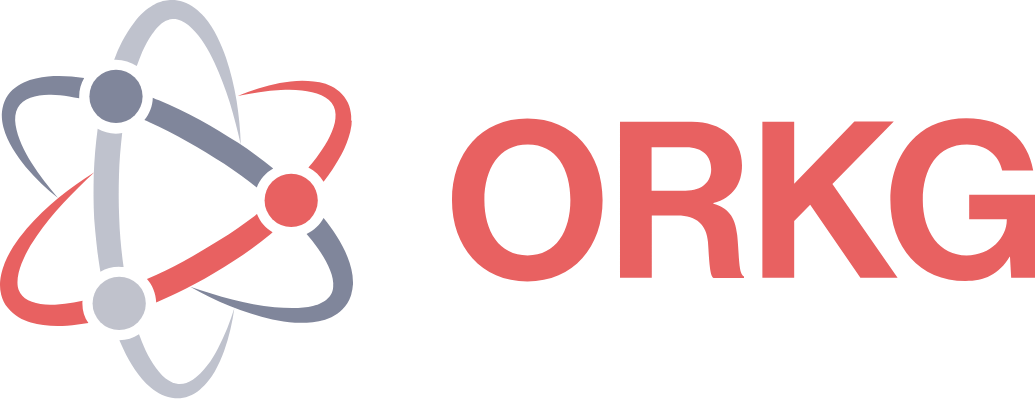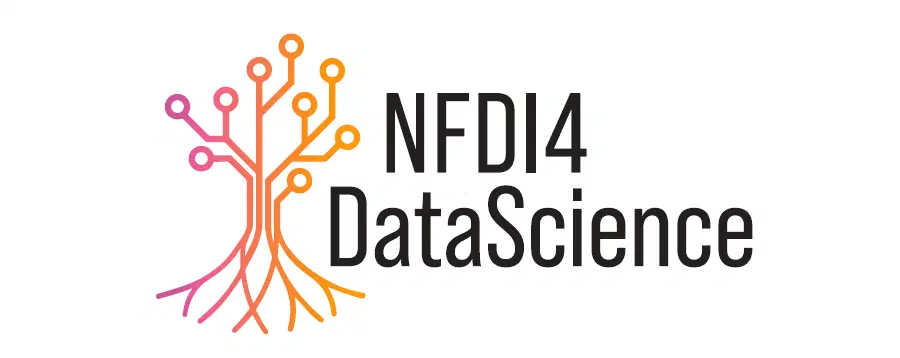Machine-actionable Knowledge for Earth Science
Workshop description
Science
is facing a challenge: With the increasing number of publications, it
is hard to keep an overview over relevant
contributions. Knowledge is still mostly shared in human-readable form
of articles that leave little possibility for machine assistance, making
it hard to reuse knowledge. Generative AI in the sense of Large
Language Models can provide help, but is ultimately
limited as the outputs are still unstructured and often imprecise.
Research
Knowledge Graphs on the other hand can make scientific information
truly FAIR. Semantic descriptions of research
contributions make knowledge human- and machine-readable and enable
completely new forms of machine assistance for scientists. Using the
example of the Open Research Knowledge Graph (ORKG), this workshop
teaches you how to create and use FAIR knowledge for
your specific field of research. From automatically comparing the
outcomes of different papers to systematic overviews, we will go through
the possibilities that this new way of scholarly communications opens
up. With the Reborn Articles Approach, you will
learn how to produce FAIR knowledge right from the start of your
project and how to integrate it into your workflow.
Timetable
09:00-09:10 – Welcome
09:10-09:30 – Introduction: Why RKGs?
09:30-10:30 – Tutorial & Task 1: Curating Content in the ORKG
10:30-10:45 – Use Cases: What can you do with the data?
10:45-11:00 – Break
11:00-12:00 – Reborn Articles: Producing FAIR knowledge from the start
12:00-12:30 – Discussion: FAIR knowledge & Earth Sciences
Date & Location: June 12th 2025, 9:00 - 12:30, online
Speaker
s: Lauren Snyder (TIB Hannover), Anna-Lena Lorenz (TIB Hannover), tbh


